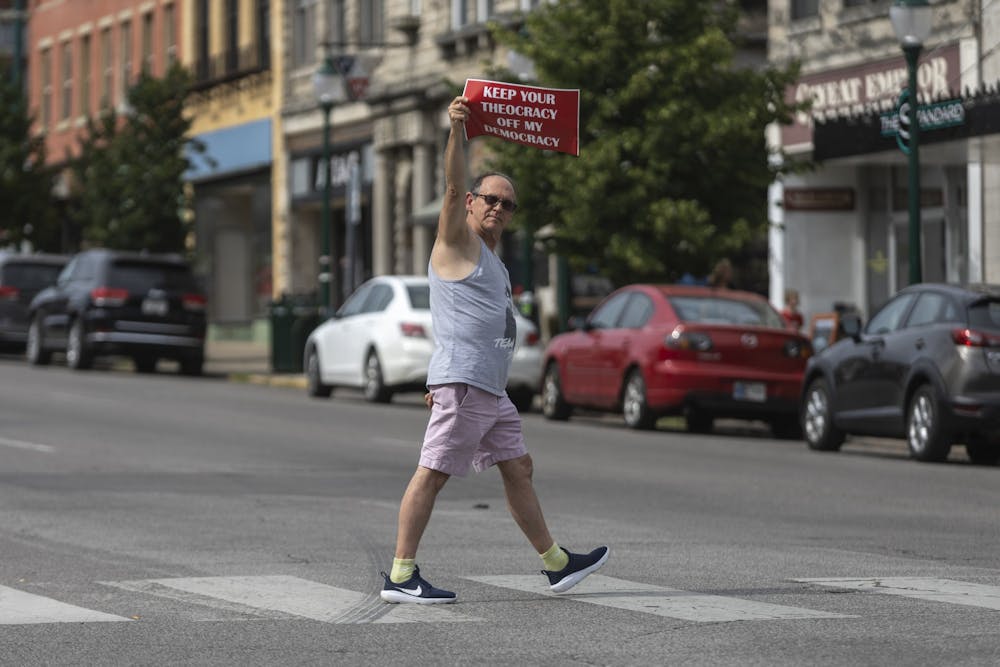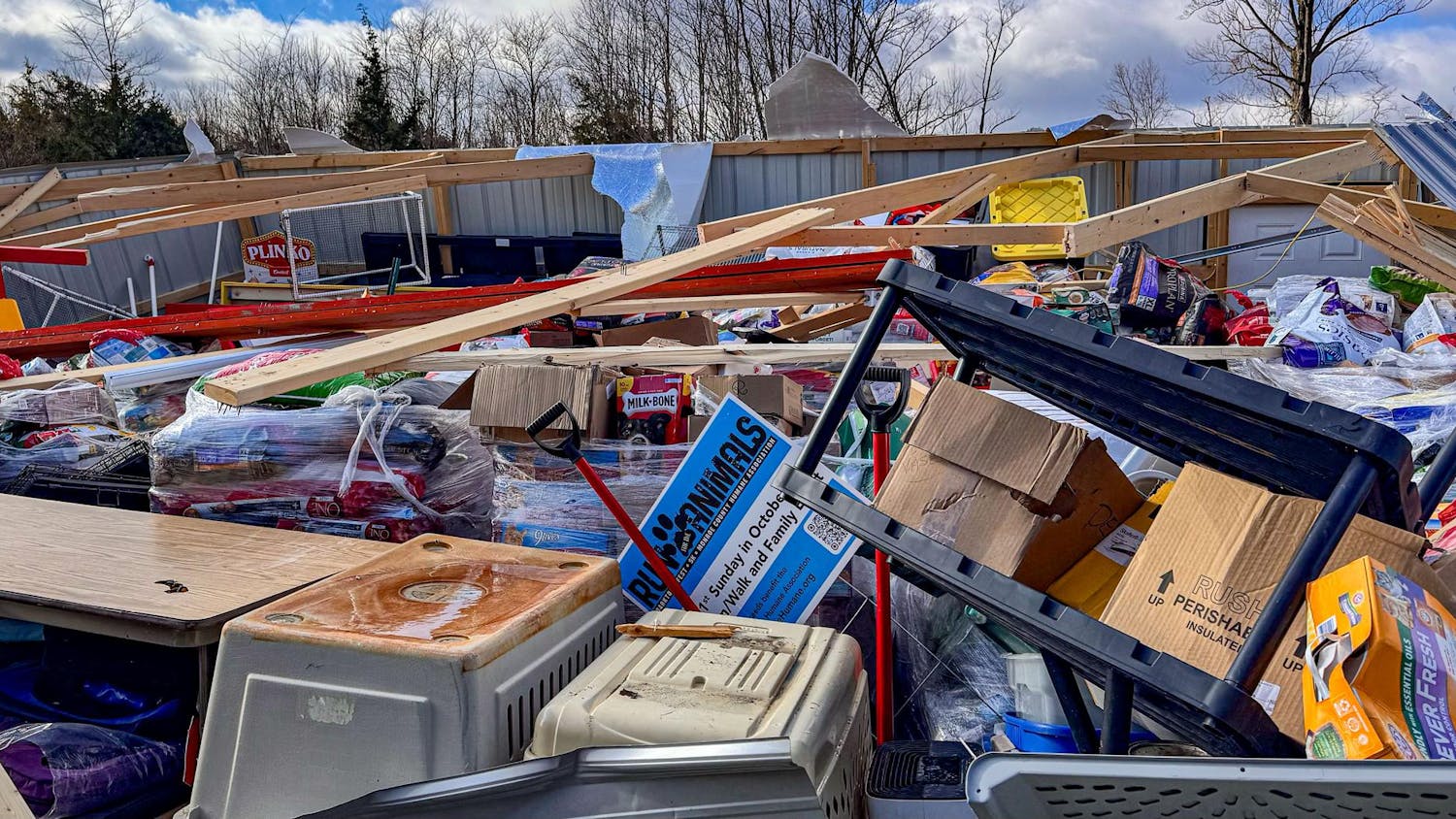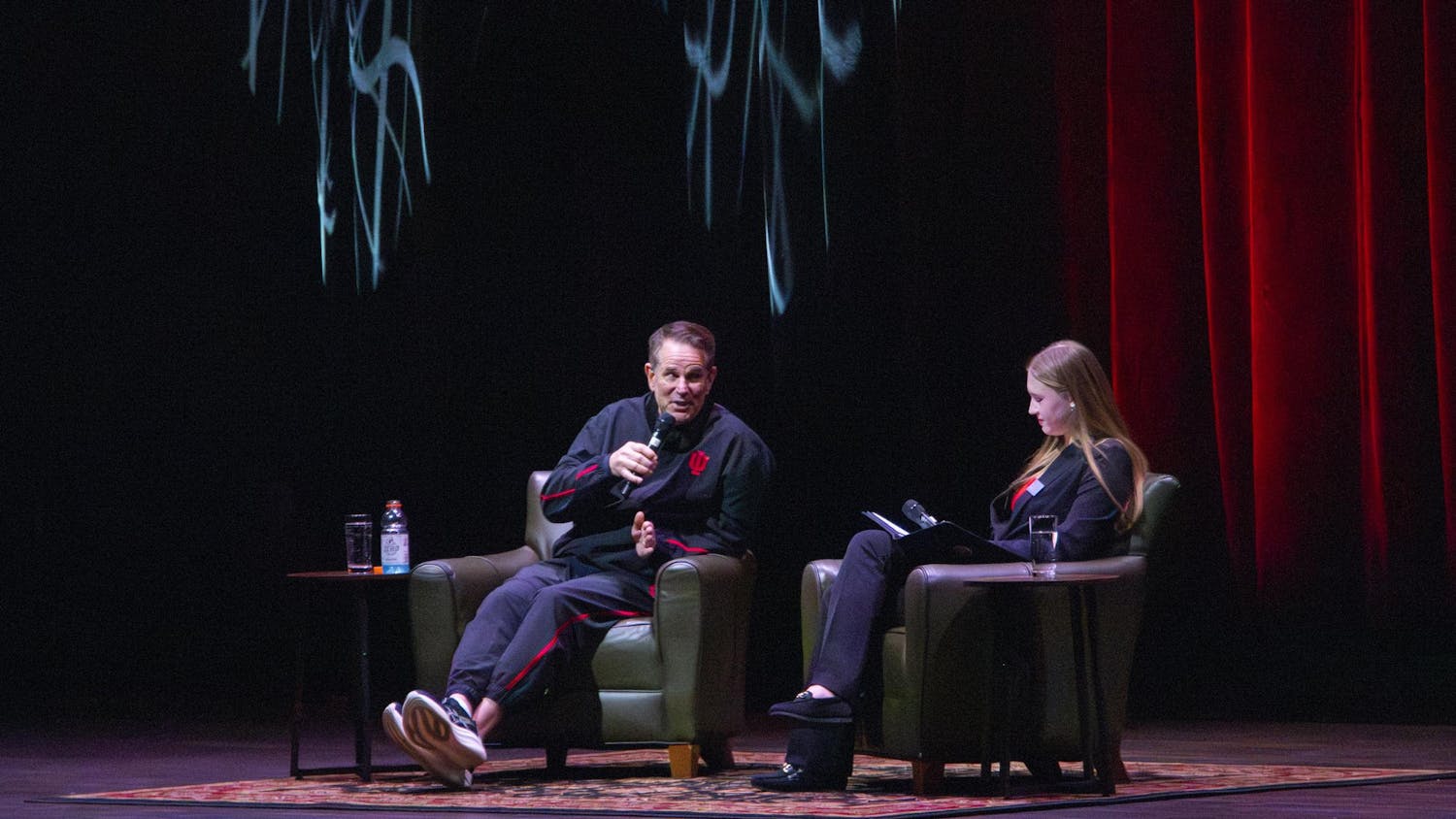Although 11 states now ban or severely limit abortion after the Supreme Court overturned Roe v. Wade on Friday, abortion access remains the same in Indiana. A special legislative session in Indiana, set to begin July 6, will likely determine the future of abortion in the state.
During a panel hosted by IU on Monday, multiple experts agreed Indiana lawmakers will likely ban abortion. Jody Madeira, an IU Maurer School of Law professor, said lawmakers will also likely restrict access to abortion pills by mail due to prior state law that bans medication abortions after 10 weeks.
Aila Hoss, an associate professor at the IU McKinney School of Law, said a ban will affect more than just those seeking an abortion. Pregnancies resulting in miscarriages may be subject to legal determination to ensure they did not purposely terminate their pregnancy.
India Thusi, a professor at the Maurer School and senior scientist at the Kinsey Institute, said many people will face issues while seeking medical care for miscarriages, where people are often prescribed a pill also used to terminate pregnancy in order to get rid of excess tissue following a miscarriage. She also said people may face risks when seeking care for ectopic pregnancies.
“Substantively, this is horrible,” Thusi said. “This is the worst-case scenario.”
Kristen Jozkowski, a sexual health professor at IU and senior scientist at the Kinsey Institute, said a ban would worsen Indiana’s maternal mortality rate, which is already considered high at 52 deaths per 100,000 births. She said people of color face higher mortality rates, with Black women making up 18% of deaths but only 13% of births.
Jennifer Drobac, a professor at the McKinney School, said the Dobbs v. Jackson Women's Health Organization decision harms anything based on the legal principle of substantive due process.
“It completely unravels what liberty means,” she said.
In the Dobbs opinion, Justice Clarence Thomas said other cases like Griswold v. Connecticut, which protects privacy from the state regarding contraceptive use, and Obergefell v. Hodges, which legalized same-sex marriage federally, should be reconsidered because of their similarity to Roe.
“I think that’s really on shaky ground,” Thusi said.
Thusi also referred to Loving v. Virginia, which legalized interracial marriage, and Lawrence v. Texas, which legalized same-sex intimacy, as cases at risk.
Jody Madeira said women in Indiana will be immediately affected if Indiana lawmakers ban abortions.
“No matter what Dobbs says, no matter what we think Indiana might do, this is not going to stop abortions,” she said.
Additionally, Maderia said people may fear they will be reported for having an abortion by a healthcare provider, leading many to avoid seeking necessary care.
“It will have a chilling effect on women’s likelihood that they will seek natal care,” she said.
According to Madeira, even people struggling to have children will be affected because a legal definition of life beginning at conception would call in vitro fertilization into question.
“This is indeed a post-Roe world,” Madeira said.




